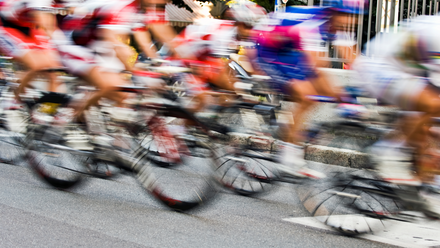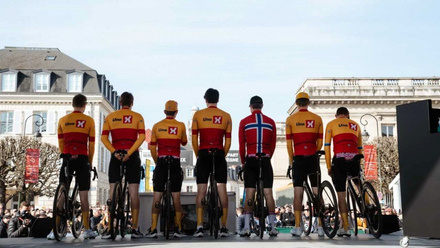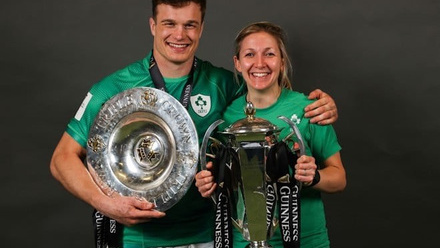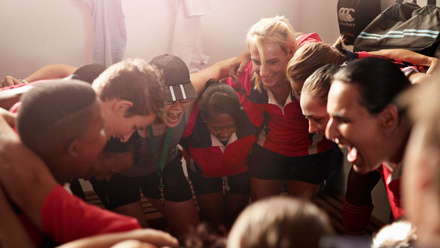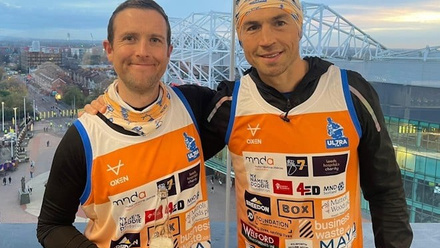Sport has always been a big part of Isabel Anderson’s life. Here she explains how she has made it part of her professional life too.
My hobbies have always centred around sport – netball, basketball, long-distance running and more recently triathlons. I initially qualified as a personal trainer.
The training covered a basic level of nutrition and I wanted to learn more so I decided to take the plunge and retrain as a dietitian. After working in the NHS for a few years I completed a Postgraduate Certificate in Applied Sports Nutrition at St Mary’s University.
In the evenings I started seeing freelance clients for gut, cardiac and renal issues, with the odd one-off sports nutrition client. It wasn’t until I started working on a triathlon training app that I decided to focus my freelance work on sports nutrition. I now work mainly with endurance athletes training for marathons and ultra-events as well as triathlons of all distances.
The most common nutritional challenges for my clients are fuelling appropriately and fluid balance. To optimise performance, endurance athletes often need to increase their carbohydrate intakes and yet there can be a fear of subsequent weight gain. Fluid is a fundamental aspect of sports performance and one that athletes often overlook. They either drink too little or take in too much without replacing salt losses.
When I start working with a client, I ask them to complete a food and exercise diary including how they feel during training sessions. We then discuss the differences in their food and fluid intake on training days when they’ve felt strong and those when they have lacked energy. I find that doing this helps them to understand how their nutritional intake is impacting their training and they are therefore more willing and able to make the changes I suggest. If I think hydration is an issue, I also ask them to weigh themselves before and after certain training sessions. I use this alongside the amount of fluid and salt they consume at these sessions to assess whether they are meeting their requirements.
I love working with athletes as they are very engaged. Often you can see tangible results quickly which gives both the athlete and me a great sense of achievement. I enjoy spending my spare time listening to podcasts and reading about the latest studies and it is great to put this knowledge into practice and see it making a difference.
My biggest challenge has been confidence. It is very different working as a lone freelance practitioner as opposed to working as part of a team as I do in the NHS. I have suffered with imposter syndrome which I have heard a lot of other freelance dietitians talk about too. It’s easy when starting out to worry that potential clients will think you’re charging too much, but I think it’s really important to remember that we are experts in our field and to value our own time accordingly. I have found being a part of the Freelance Dietitians Facebook Group and my local nutrition Mastermind group really helpful. These have definitely helped me to increase my confidence and made me feel part of a supportive wider community.
For anyone wanting to go into sports nutrition I would start by listening to the We Do Science podcasts, which discuss the latest research in sports nutrition.
For any dietitian looking at starting out as a freelance dietitian, the Facebook group is a must!


